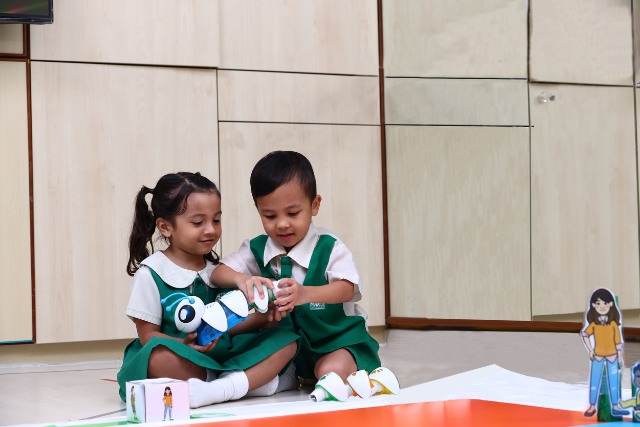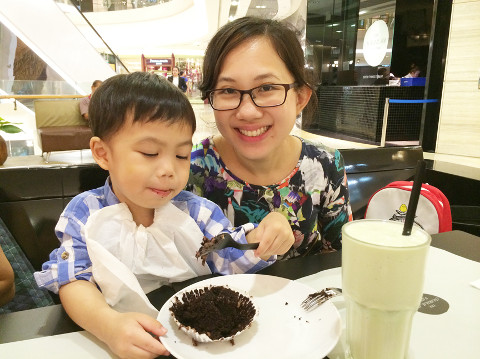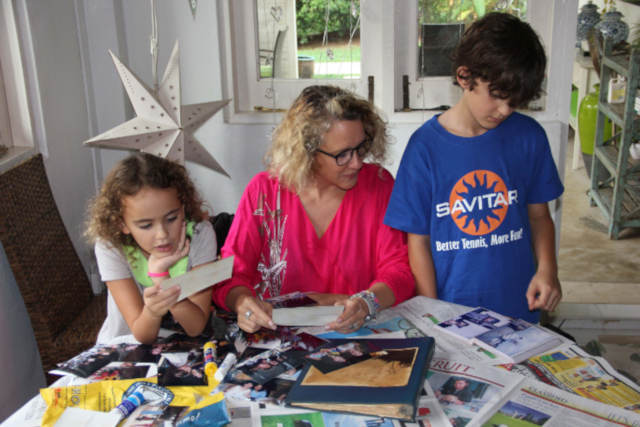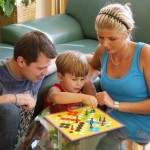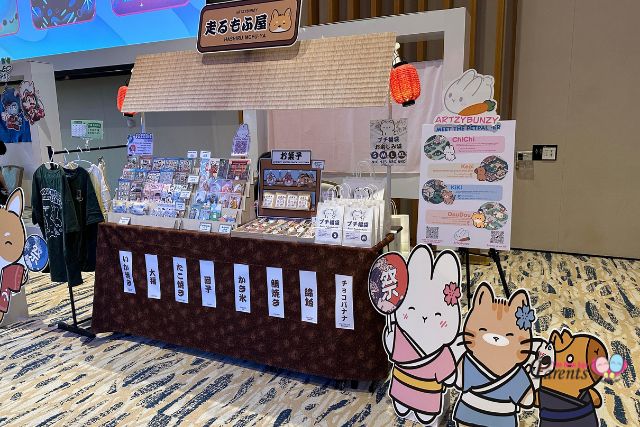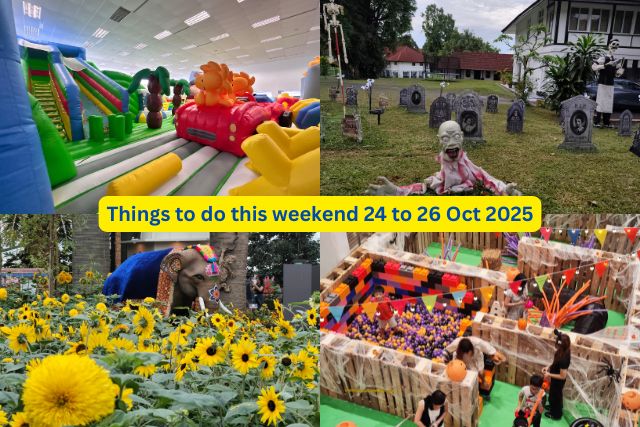We’ve all been that headless-chicken-of-a-woman running around the house in a tizzy, trying to get the rooms sorted and persons ready to leave the house on time for work or school. More likely than not, you’ve had your fair share of days when you felt like you go absolutely nothing done, or that you were a total failure at this whole mum job. Well, dear mum, you’re certainly not alone.
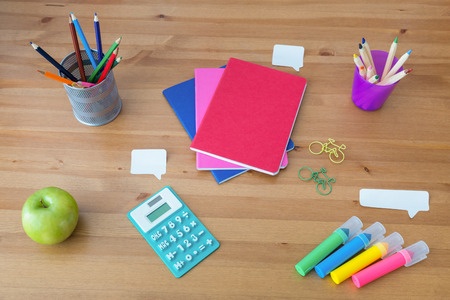
With some help, we can all make a few changes to our homes and lifestyles that will go far in helping us learn to be better organised and more efficient mums. Some of these things might be challenging to implement, but your family will thank you for it, and you will feel better about yourself too. Time to get organised!
1. Label your things
What a difference labels can make! How often have you stared into the recesses of your kitchen cabinets or storeroom and wondered how to find that elusive item amidst the stacks of boxes and/or files within? With labels, you save yourself the hassle of having to open every single box to look for what you need.
“I use washi tapes and markers to label our things. Transparent containers are also great to use because they allow me to see what is inside the boxes. I use them to store toys, or for food in the fridge. I also use labelled ring files to sort and keep our family’s bills and insurance documents, with different coloured tags for each person in the family.” – Yvonne, 32
2. Sort by use
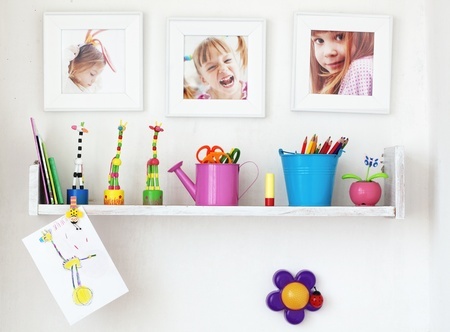
How each one of us organises our stuff varies from person to person. For example, one person might arrange the bookshelf according to genre, while another might sort the books according to height. After speaking to several mums, it seems like one of the best ways to organise is by how and where the items will be used.
This might mean putting all recipe books in the kitchen, instead of in the study room where most of the other books are. But it also means saving you the effort of putting Martha Stewart back in the study room after making her one-pot-pasta meal.
“We have designated bookshelves for our books and the toddler’s books. His toys are categorized in Trofast boxes or deep drawers. Muji PP storage boxes are our go-to’s for organizing our shelves – for all our craft materials, stationery, and personal knick-knacks like bank security dongles.” – Ruth, 30
3. Utilize space wisely
Make full use of the space that you have. And one area of our homes that is often under-utilized by HDB dwellers is the entry corridors in our flats. Then there’s also that unused corner by the toilet, or in the service balcony.
“Our small cozy home means we can’t really get extra storage furniture so fabric bins and ziplock bags are my best friends! We use our fabric bins for toys and knickknacks in the living room, and ziplock bags for all other toys kept away in a box in my son’s room! And entryway storage is a must! We have trays for key/coins, and baskets for our bags and kid’s shoes!” – Joey, 31
“We don’t stack the girls’ clothes in piles, but half roll them and put them in wardrobe storage soft trays, so we can see each piece instead of having to rummage through everything. I also use plastic trays in my fridge for some sections to organise certain produce.” – Eeleen, 32
4. Don’t hoard unnecessarily
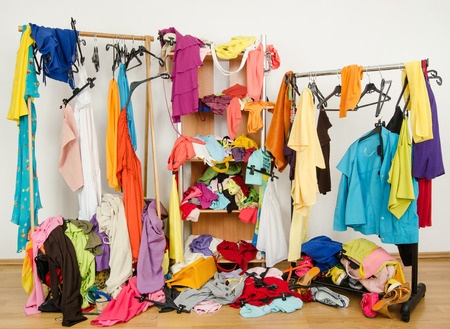
Sentimentality has its limits. If you’re holding on to every single drawing your child has ever done or keeping flyers and brochures from the mailbox “just in case”, you’ll be hard-pressed to find storage solutions for all your stuff.
“Always trash junk mail immediately” is a statement echoed by almost everyone we spoke to. Looks like we Singaporeans do get quite a fair bit of junk mail in our letterboxes! The same would also go for your email inboxes – too many mails can overwhelm you and make you feel like you have a ton of replies waiting to be made. Delete unwanted emails whenever you can; archive what’s important. Also, make use of technology to scan your child’s art and/or other important documents, and save space on storage.
⇒ Related Read: Where To Donate Your Kids Pre-Loved Toys, Books, Clothes And Home Furniture In Singapore
5. Plan your day
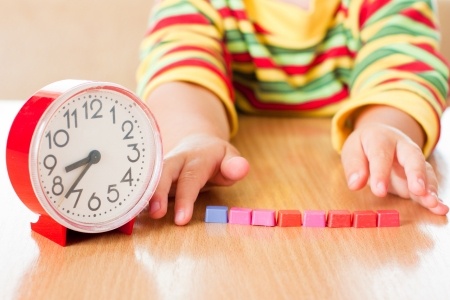
Planning is the key to success, and that’s definitely true for a busy parent today. Even if you’re one who loves to go with the flow, planning will help not just you, but your whole family as well. Having at least a rough plan ensures that you don’t begin the day in a panic, and gives you a helpful guide for making the day to day decisions like when to start preparing lunch and whether the ironing basket needs to be tackled that night.
“I plan for the day the night before. Before I go to the market, I try to have a rough gauge of how many days of food I need to buy for, so that I don’t buy too much or too little. Another question I ask myself a lot: does the laundry need to be done today?” – Clydia, 31
⇒ Related Read: How To Create Consistent Routines For Children: Make Your Mornings Less Hectic
6. Plan your meals
Similar to the point above, organised mums plan their meals in advance. Even if that means eating out at Macdonalds or the coffeeshop downstairs. Just having that little detail of pork or chicken settled in your mind ahead of time can do wonders for helping you feel ready to tackle the day ahead. Also, meat and fish take time to defrost, as we all know…
If your kids have allergies, all the more you need to put more thought into the next day’s meals, so that you won’t have the unexpected stress of eating out and being unsure what foods are safe for your child to consume.
7. Streamline household chores
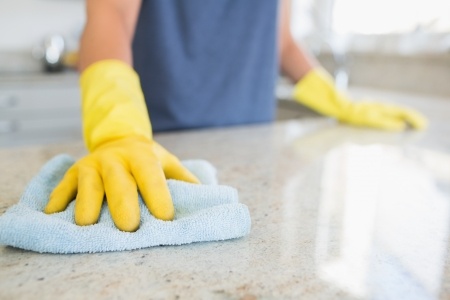
Sometimes, we try to do too much in a single day. Cut yourself some slack (with your husband’s support of course) and don’t aim to have a sparkling home at the end of each day. Spread out the housework, for eg making Monday mopping day, Tuesdays and Thursdays laundry days, Wednesday dusting day, and so on. As the children grow older, involve them in age-appropriate chores around the house, such as keeping their toys, making the beds and hanging up the laundry.
8. Tracking system
There are all kinds of things we need to keep track of, from payment of utility bills to school fees to returning or borrowed library books to the completion of homework and assignments. Set up a system that works for your family, so that the responsibility of remembering all these things don’t rest on any one person’s shoulders. Everyone can help everyone else to remember!
“Our family visits the library a lot. At home, we place all borrowed library books in an allocated box and call it our library “bin”. Then we keep reminding the kids (and each other) to return the book(s) to the library bin after reading. This saves us the hassle of hunting down all these books when their due date is up.” – Grace, 33
9. Get more than one thing done
We never have enough time, it seems. All of us would wish for more than the 24 hours we have in a day to finish the million and one things on our to-do list. Well, one great way to “save time” is to multi-task. Of course, too much multi-tasking isn’t good either, but a little can go a long way. For example, what do you do while waiting for your cake to be baked?
“Before we go out for marketing, I will ask my son to load the washer turn it on. This means the laundry gets done by the time we are home.” – Clydia, 31
⇒ Related Read: Time Management For Busy Parents: 7 Easy And Effective Tips
10. Learn to say “No”
We’ve saved the most important point for last. One of the top reasons why mums feel disorganised and stressed out more than necessary is because they just don’t say “No” enough. We stretch ourselves unnecessarily thin with work and school commitments, by signing up for too many playdates or “educational” activities, by over-committing to family or social events and projects. Of course, these things are important, but the key is to prioritize.
By eliminating commitments that aren’t that vital to your family, and by learning to have a better gauge of your own capacity and that of your family members, you’ll eradicate quite a lot of stress from your family’s lives and be that much more organised a mum. Try it, and see!
What other tips or tricks help you stay more organised? Share them with us!
By Dorothea Chow.
If you find this article useful, do click Like and Share at the bottom of the post, thank you.
Like what you see here? Get parenting tips and stories straight to your inbox! Join our mailing list here.













